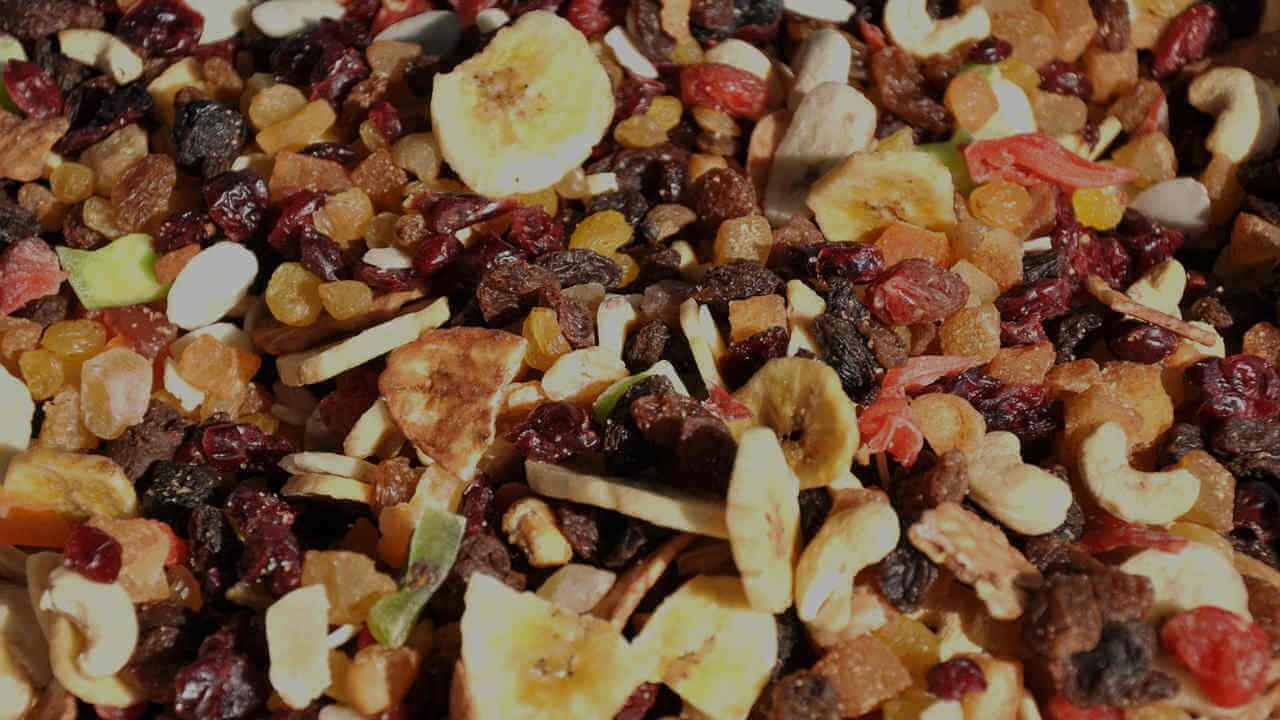Tu BiShvat
Tu BeShvat
A Request
By Rabbi Yehudah Prero
In times of sorrow and utter despair, it is often difficult to find solace. Friends and family have difficulty providing comfort, and the spoken word often does little to ease the pain. But, deep down we know that Hashem is there with us, to help us, and to give us the power to persevere. Because of this truth, we find ourselves being drawn to Hashem, davening to Him, asking Him for help. Those around us do the same, giving charity, praying with greater devotion, in hopes of providing a merit to alleviate the pain of the one who is suffering. This reaction is natural.
Rav Berachya HaNakdan related a parable that explains this phenomenon. The wind and the sun were having an argument. The sun asserted that it had incomparable radiance and unequalled beauty. Furthermore, it was capable of providing the entire world with warmth. Therefore, the sun concluded, it was more powerful than the wind. The wind countered that its presence could be felt regardless the time of day. Additionally, it was capable of acting with an enormous force, able to uproot trees and cause devastation. Therefore, the wind asserted, it was more powerful than the sun. The arguments back and forth continued.
The sun had an idea how to end this dispute. He noticed a man walking in the street below. He challenged the wind to get the man to remove his coat. The wind confidently began to blow. As soon as he felt the first gusts, the man pulled the ends of his coat closer together. The wind saw that something more was needed and the breeze grew stronger. The man reacted by buttoning up his coat and pulling up his collar. As the ferocity of the wind grew, the man only pulled his coat closer around him, to provide him the needed warmth. The wind saw he could not accomplish the task, and challenged the sun to do such. The sun started shining and the temperature began to rise. First, the man loosened his grip on his coat. As it grew hotter, he unbuttoned his coat. The temperature grew so pleasant and warm that the man finally removed his coat. The sun had won.
The coat is G-d. When our situation deteriorates, when our pain hits us like a biting, frigid wind, our instinct is to get closer to G-d, and we therefore “pull the coat” tighter around us. We know that Hashem is our only hope and we come closer to Him in hopes that He will rescue us. The danger the faces us is that when things get too sunny, we should not throw the coat away. We have to remember Hashem always, even when things are going well.
We just marked the occasion of Tu B’Shvat, the “New Year for Trees.” In the midst of a cold winter, we begin to think about growth, rebirth, and sunnier times. The month of Adar is almost upon us. Soon, we will celebrate together as a people, rejoicing in the fact that we as a united nation were saved from imminent destruction. And only a month thereafter, we arrive at Pesach, a holiday that is in essence the birthday of the nation of Israel. The cold days, barren from holiday, from occasions to celebrate are coming to an end.
For the family of Ruchama Chava Bayla bas Chaya, the present days are cold indeed. A mother has yet to enjoy her newborn baby. This new mother, and mother to others, is facing a critical medical condition that is more than serious. During this cold and bitter time, we need to come close to Hashem, to bring him close to us. And although this is most definitely a cold and bitter time for her family and friends, as we approach holidays that celebrate the importance of unity and brotherhood in our people, we should all attempt to empathize with the situation. I ask of all of you reading this to please pray for her. Please learn in her merit. Please do mitzvos so that she may be the beneficiary of G-d’s mercy and kindness. Please help to turn this season of cold to one of warmth and joy.
Thank you.
Yehudah Prero
Text Copyright © 2008 by Rabbi Yehudah Prero and Torah.org.
The author has Rabbinic ordination from Mesivta Tifereth Jerusalem, NY.


